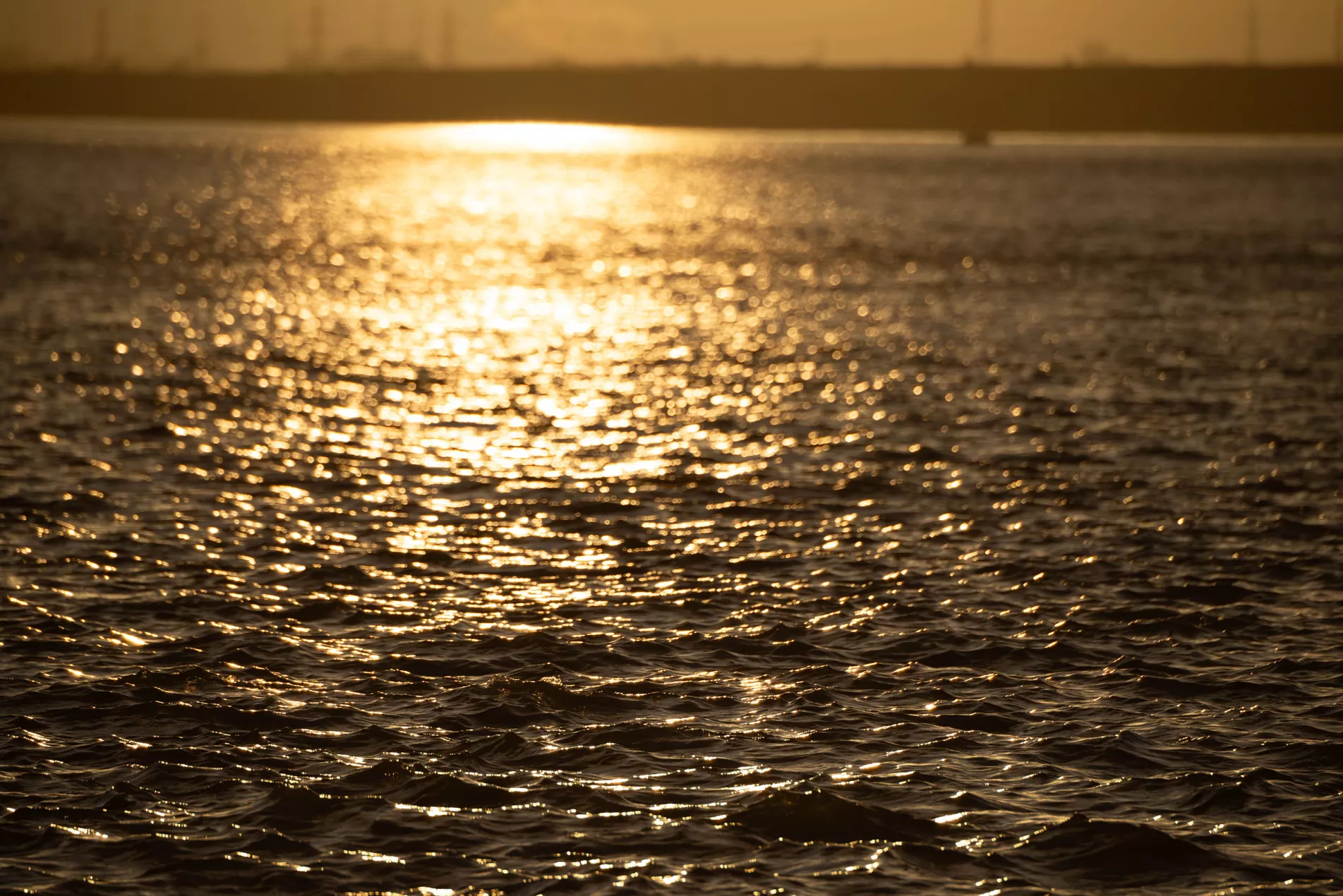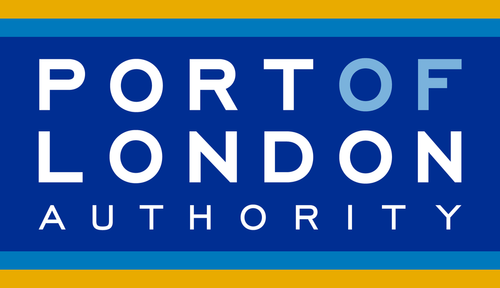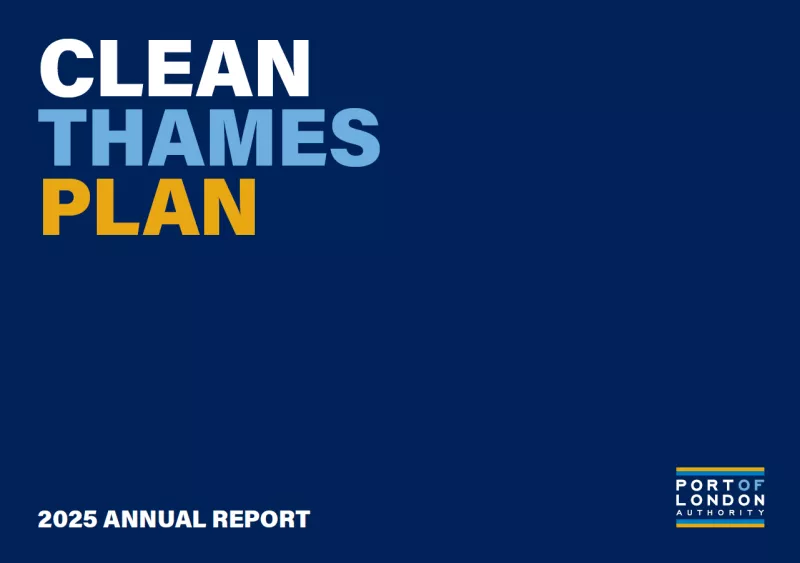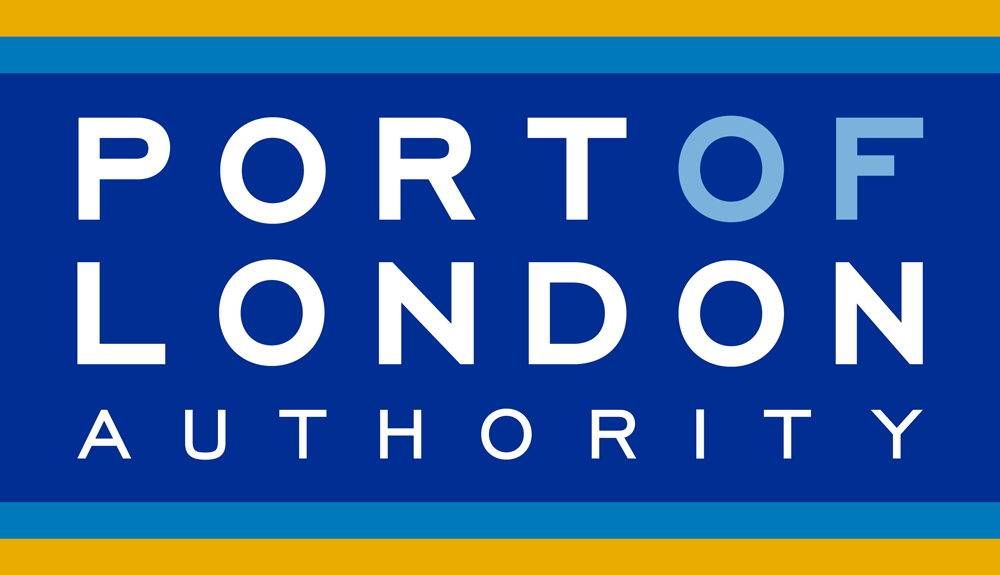Live Tides
NOTICES TO MARINERS
Charts & Surveys
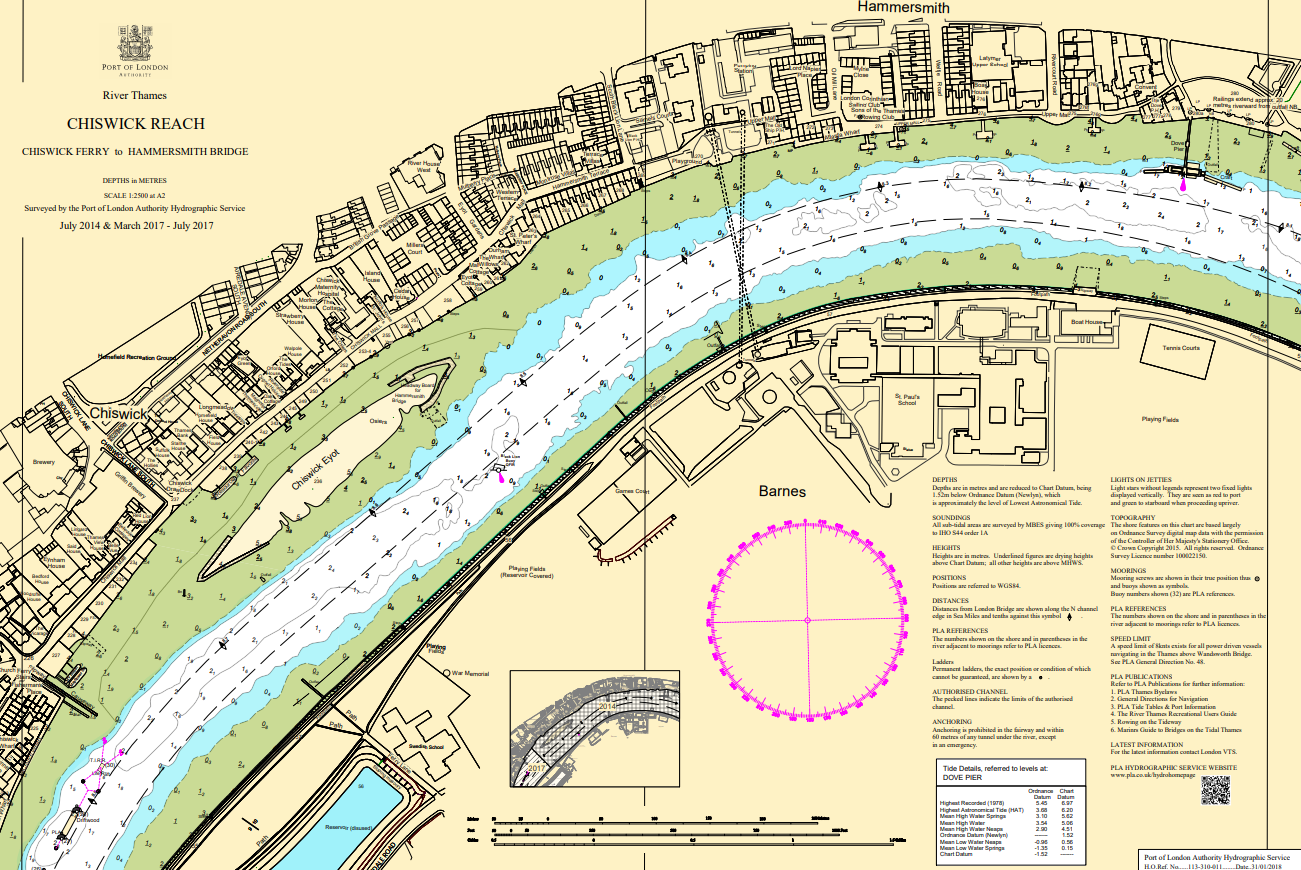
Incident reporting
Life-threatening emergencies on the river:
Call 999 and ask for the Coastguard
For near miss, safety observations and incident reporting click below
General Directions for Navigation in the Port of London: Thames Continuing Professional Development (CPD)
Consultation C02-23
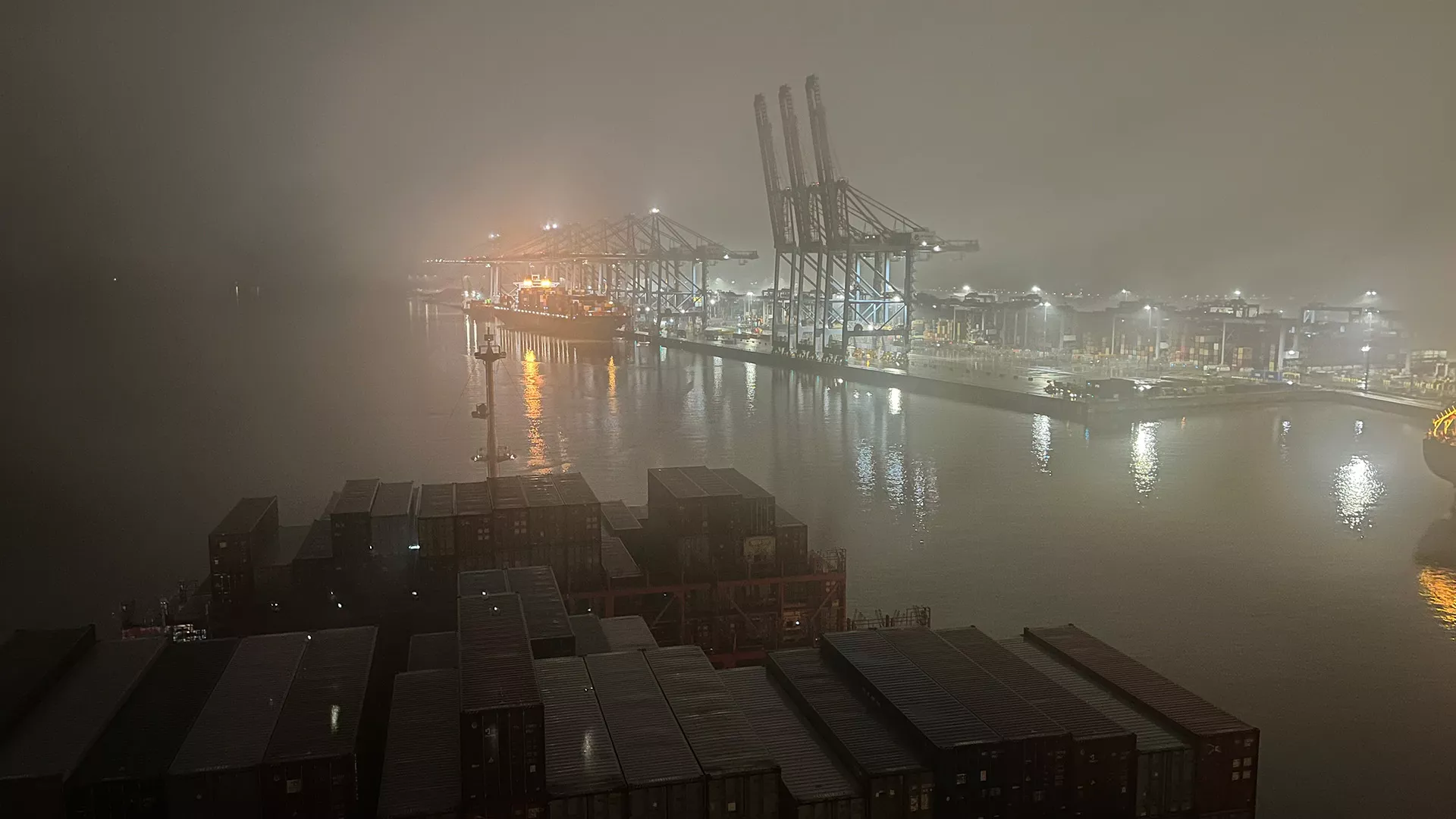
Final Consultation Statement C02-23
This consultation ran from 24/02/2023 to 05/04/2023. The below statement has been provided to summarise the Port of London Authority’s final response.
Response to feedback directly relating to the GD wording
• Clarity required on the definition of an intra-port vessel
An intra-port vessel is defined as one which normally operates wholly on the Thames (or Thames and Medway). Therefore, if a vessel’s usual area of operation is between the Thames and another area/port (other than the Medway), it would not be considered to be an intra-port vessel. If a vessel operated wholly on the Thames for only a small proportion of its overall operation, it would also not be considered to be an intra-port vessel.
• Clarity on where the GD will apply and consideration for excluding the estuary:
In response to the consultation feedback and following further consideration, the outer limit to which the GD applies has been revised to the Denton Limit, which is the outer limit of Category C waters. Therefore, the GD applies between Teddington and the Denton Limit.
Response to feedback not relating directly to the GD
This consultation was held on the forming of the General Direction relating to CPD, rather than on whether CPD should be introduced. However, many of the responses were in relation to the CPD programme itself and these points are addressed below:
• Concerns about the points system and the ability of some Masters to gain the required number of points within the given time:
The CPD Programme requires around 2 - 2.5 days of training per year to achieve 150 points over 5 years. There is a broad range of training activities available to choose between to provide flexibility and the list of CPD training activities continues to grow as more courses are submitted to the Governance Committee for approval.
The Company of Watermen & Lightermen is making provisions for self-employed Masters to access training via the Hall, either for free or subsidised. The Thames Skills Academy is also arranging free and subsidised training under the Thames CPD Programme, working closely with various partners.
Illustrative examples of how points can be achieved can be found on the CPD website.
• Not enough flexibility in the CPD courses offered for points
CPD participants are not required to undertake all the listed courses, rather they select those that are most appropriate. The Thames CPD Programme of training activities is not a fixed list: new training activities - training courses and skills and experience - can be submitted to the CPD Governance Committee, which is responsible for considering proposals for training activities to be included in the Programme.
It is for each company to decide which of the training activities listed in Thames CPD Programme their staff will undertake to reach their 150 points. If any company undertakes training that is not listed and contributes to safety, they can make the case for it to be included in the CPD Programme through the Governance Committee.
• Concern that the introduction of the programme will lead to Masters leaving the profession, resulting in shortages of personnel and loss of experience
There is a small risk of this but the CPD Programme also provides opportunities for Masters. For more established Masters, the CPD Programme recognises their experience and provides a reward for the mentoring they undertake. For the younger generation of Masters, the CPD Programme provides an opportunity to acquire skills and knowledge, which are valuable for career advancement. For anyone training to be a Master, the CPD Programme provides a structure to record their extra personal development and to prove to their employers that they are worth investing in. CPD will also help attract more people to the industry, showing a clear development pathway for their careers.
• Lack of consultation, particularly with smaller operators
There has been extensive consultation over a number of years with all operators, big and small, including through open letters, meetings, numerous workshops and a questionnaire, as well as more formal consultation on the PLA regulations.
• CPD programme should be restricted to the mandatory elements only
The CPD Programme has been developed to address safety concerns and the skills needed for the River to thrive into the future. The range of training activities and the mix of mandatory, accredited training and skills and experience categories gives flexibility to Masters and employers for relevant training required to enhance skills and improve safety. The Programme will evolve over time to ensure it continues to meet the needs of employers, employees, individuals and regulators as our industry changes.
• Request for the risk assessment to justify the need for CPD to be made public
PLA analysis of over 650 incidents involving BML holders over a five-year period (2013-2018) demonstrated that 31% were attributed to human error and a further 14% involved breaches of regulations. At this time, the Company of Watermen & Lightermen were in the early stages of developing a CPD scheme and a number of operators were expressing concerns about safety standards on the river. Through meetings and workshops with river operators, the PLA, TSA and Company of Watermen & Lightermen developed the CPD programme to address those concerns with the support of a range of Thames operators and in consultation with the wider river community.
Final statement in PDF
Initial Consultation Statement C02-23
This consultation ran from 24/02/2023 to 05/04/2023. The below statement has been provided to summarise the Port of London Authority’s initial response.
Some common themes were raised by respondents in their feedback to the consultation and these have been summarised below. This feedback is currently still under review by the PLA and on completion of the review a more detailed summary of feedback and responses will be published.
Response to feedback directly relating to the GD wording:
- Clarity required on the definition of an intra-port vessel:
The PLA is reviewing the definition of an intra-port vessel to give clarity on when a vessel meets the definition.
- Clarity on where the GD will apply and consideration for excluding the estuary:
The PLA is reviewing the lower limits of the area within which the GD will apply.
Response to feedback not directly related to the GD wording:
- Concerns about the points system and the ability of some masters to gain the required number of points within the given time
- Not enough flexibility in the courses offered for points (see note below)
- Concern that the introduction of the programme will lead to Masters leaving the profession, resulting in shortages of personnel and loss of experience
- Lack of consultation, particularly with smaller operators
- CPD programme should be restricted to the mandatory elements only
- Request for the risk assessment to justify the need for CPD to be made public
These points are being addressed by several means, including further meetings with operators and more detailed FAQs on the CPD website. The courses and allocated points are not a fixed list and participants are not required to undertake all the listed courses. Training courses, skills and experience can be submitted to the CPD Governance Committee, which is responsible for considering proposals to add training activities to the Programme, decide whether they fall into Mandatory, Accredited Training or Skills & Experience and the points to be allocated.
Cathryn Spain
Senior Harbour Master
General Directions for Navigation in the Port of London: Thames Continuing Professional Development (CPD)
Consultation C02-23
Introduction From 1st January 2024 the PLA is introducing a mandatory requirement for Masters of Intra-port, Commercial Vessels to participate in the Thames Continuing Professional Development (CPD) programme. This will be regulated by means of a new General Direction, which is proposed below.
Proposed new General Direction
From 1 January 2024, an Intra-port Vessel which is also a Commercial Vessel, must be under the command of a Master who:
(i) is currently enrolled on the Thames CPD programme;
(ii) has secured a minimum of 10 points on the Thames CPD programme in each oneyear period since their enrolment; and
(iii) has secured a minimum of 150 points on the Thames CPD programme in each fiveyear period since their enrolment.Note: The PLA will issue guidance on the Thames CPD programme and its CPD requirements
As defined within the General Directions:
Intra-port Vessel means a Vessel that normally navigates wholly within the Thames, including to and from the Medway Ports;
Master in relation to a Vessel, means any Person (except a Pilot) having or taking the command, charge or management of a Vessel, for the time being;
Commercial Vessel means any Vessel which is not a Pleasure Vessel;
and Pleasure Vessel has the same meaning as in the Merchant Shipping (Survey and Certification) Regulations 1995 and in addition, includes Vessels which are bareboat chartered.
Further information on the Thames CPD programme can be found here: https://thamescpd.co.uk/
Feedback
Any comments you may have in response to this consultation should be addressed in writing to the Marine Compliance Department at the address below, or by e-mail to: [email protected], to arrive by 5th April 2023.
Discover
